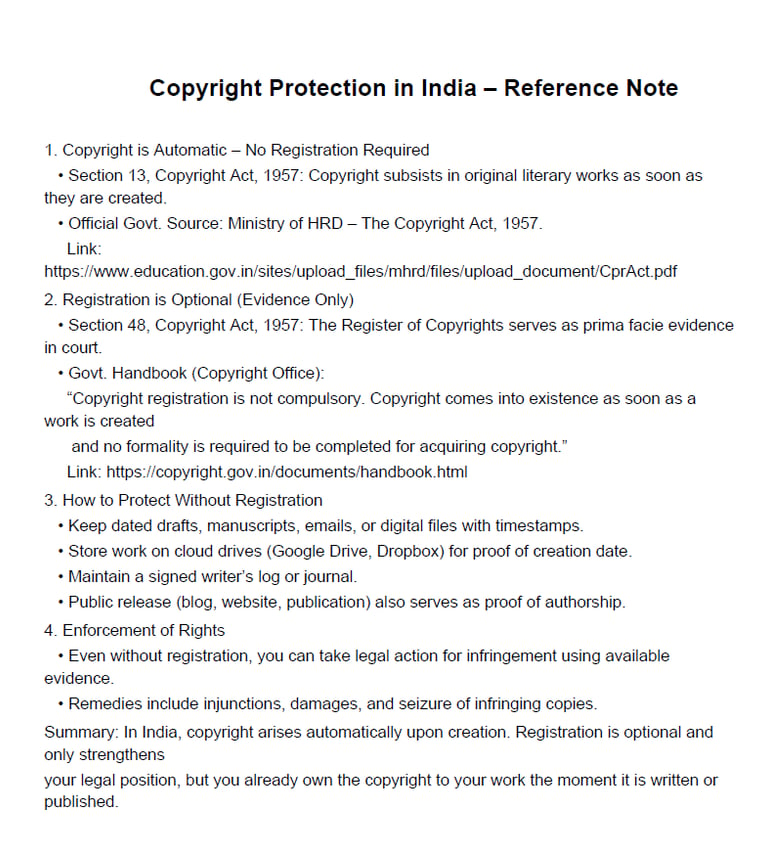The Final Preparations
The Dawn of the Great Ordeal
When memory threads awaken and bonds are sealed, the seekers stand ready at the gate of destiny’s first trial.
Beneath the unending whiteness of Nowhare, the companions gathered in a circle. The echoes of their last revelation—about the hidden memories of the Vaivṛddha-Niyamāh within human hearts—still lingered in silence. Aman stood before them, radiant in form, her aura a woven fabric of dawn-gold and starlight silver. Her voice, like a river flowing through still valleys, carried both warmth and inevitability. “The story here has ended,” she said, her gaze resting on each of them. “But another begins. You must walk upon Earth, dwell among humans, and complete the Ordeal through tasks that weave spirit with matter. Only through this shall you grow beyond what you are.” Ayonijā was the first to step forward, her sharp eyes glimmering with curiosity. “Then tell us, Aman—how can we endure the density of the mortal plane? We are not shaped as they are.” Aman smiled softly. “You shall not go blind into their world. Before you descend, I will place within your hands a memory-thread, luminous with the knowledge of human ways—their speech, their machines, their patterns of life. You will not be strangers. Instead, you will remember what humanity itself has forgotten.” Anantshakti’s booming presence followed. “And our tasks—will they be of strength, of battle, or of subtle trial?” “The Ordeal never tests through only one path,” Aman replied. “It bends and reshapes as you bend and reshape. Sometimes you will fight. Other times you will wait. But always, you will grow.” Rudraveena’s voice rose next, like strings plucked in hesitation. “And what of our kin, Maṇimālā and Rāvananta? Can we not call to them within this ordeal and share our songs across the silence?” It was then that Aman’s radiance dimmed, not in power but in gravity. “Vajrastra has been sent so that you might attempt to reach them. But you must know—Maṇimālā and Rāvananta dwell in a realm where time does not walk as yours. The Ordeal binds you to its own stream, and when you complete or fail it, you will be returned to the exact point from which you entered. If you pierce the veil to speak with them, I cannot return you rightly. You will find yourselves scattered, unmoored in the current of time.” The companions exchanged glances, a hush settling over them. Aman continued, her voice softer now. “Yet you may choose how time flows for you within the Ordeal. If you wish, you may let it flow as theirs flows, and in this way, you may remain in contact.” Without hesitation, Ayonijā, Anantshakti, Yakṣhirā, and Rudraveena nodded together. “We choose their flow,” Ayonijā declared. “For what are trials, if not shared with those we love?” Aman’s gaze warmed, and then she spoke again, her words carrying new weight. “There is one more thing. Vajrastra is a cybernetic humanoid, a vessel of steel and light, but without a soul. If I may, I would link Vishwavyoma’s spirit into this body. Then not only will Vajrastra breathe, but through him, the bridge to Maṇimālā and Rāvananta will remain unbroken.” The companions did not hesitate. “Yes,” said Yakṣhirā firmly. “Let it be done.”
Aman turned her hands skyward, and two figures appeared from the white fog. Vishwavyoma, a soul of vast expanse, shimmered like a nebula in human outline. Beside him arose Śūnyāntarā. The companions drew breath in awe. She was silence shaped into form: her hair flowed like midnight woven with hidden galaxies, and her eyes were twin abysses where stars were born and dissolved. Her garments, if they could be called such, were veils of shadow and glimmer, flowing as though woven from the edges of dreams. Even the fearless Anantshakti bowed his head, for her presence was both serenity and terror, beauty and unknowable depth. Aman lifted her hand. Light cascaded, threads weaving from Vishwavyoma’s luminous soul into the hollow vessel of Vajrastra. Sparks flared, and then—he breathed. The cybernetic humanoid’s frame stirred, now bearing the vast consciousness of Vishwavyoma. Metal and memory became one, knowledge of galaxies bound to a body that could walk among mortals.
The companions gazed in wonder, but Aman’s task was not yet done. With another gesture, she summoned five glowing filaments, each like a thread woven from memory itself. She placed one into the hands of each. As the threads sank into them, their minds bloomed. Suddenly they knew the patterns of human life: how people rose with alarms, traveled in iron chariots, spoke into glowing slabs, and lived in cities where light drowned the stars. They felt the strangeness of it and the familiarity, as though remembering a song half-forgotten. A hush fell again, but this was no longer the hush of uncertainty. It was the stillness before the first step on a long road.
Ayonijā, Anantshakti, Yakṣhirā, and Rudraveena gathered in quiet communion with the shimmering voices of Maṇimālā and Rāvananta. Their words carried urgency, yet also reverence, as they recounted the mysteries they had encountered—the veiling of the Great Ordeal, the sudden arrival of Aman, and the tale of the Vaivṛddha-Niyamāh that had opened their hearts. The air between them rippled with unseen resonance, as though even the mist listened. When the message was received, Maṇimālā and Rāvananta turned their thoughts toward Vishwavyoma and Śūnyāntarā, who remained imprisoned within the vast Great Ordeal. Their dialogue was hushed but profound, woven with trust and strategy. They spoke of endurance, of hidden strength, and of the luminous threads of unity that must not fray, no matter how deep the shadows pressed upon them. In those exchanges, hope moved like a hidden current, fragile yet unbreakable. Then, in a softer tone, Maṇimālā addressed Aman, who stood radiant in her mantle of sun and star. She explained the secret device embedded in Vajrastra, a crystalline instrument of communion with the Mandala itself. Its frequencies could bridge vast realms, yet its reach was limited by the weight of trials. Aman listened with eyes bright as twin constellations, then smiled with gentle certainty. “If this device is bound to Vajrastra alone, then its burden will be heavy. But if I weave its pulse into the champions’ own vessels—their phones, small windows of connection—they may reach the Mandala at any time. Thus, no silence shall divide you.” Her words were not a mere suggestion but a promise of weaving unity across distance. The bond was sealed, the link arranged, and with quiet reverence, they parted ways from Maṇimālā and Rāvananta.
Aman looked at them, her eyes filled with ancient tenderness. “Now you are ready. The first path will open before you soon. You will go forth, not as strangers to humanity, but as their forgotten kin. Let the ordeal teach you what power cannot. Me, Vishwavyoma, and Śūnyāntarā will always be with you, in case you need any help.” And so, with hearts burning, memories alive, and new bonds forged, Ayonijā, Anantshakti, Yakṣhirā, and Rudraveena stood ready. Before them stretched the luminous gate to their first path. With Aman’s blessing upon their shoulders, they stepped forward—into the unknown, into the beginning.


